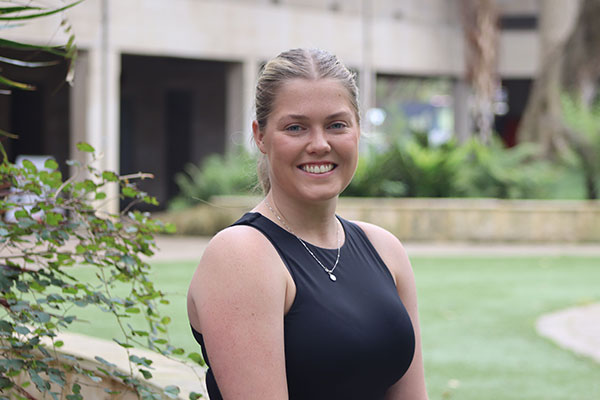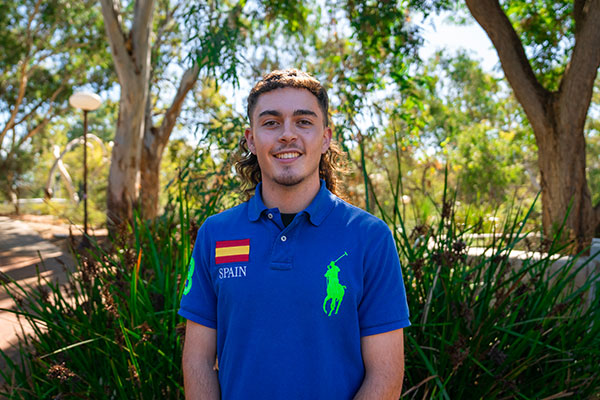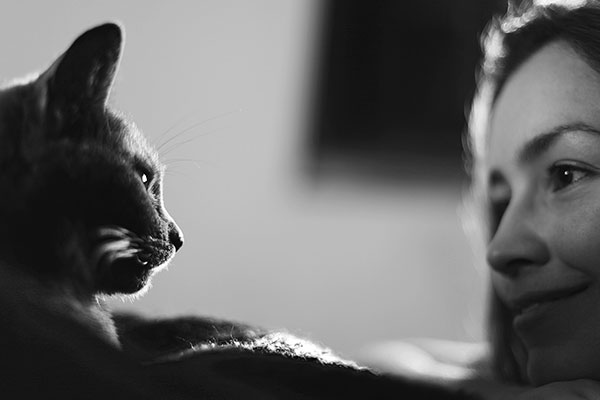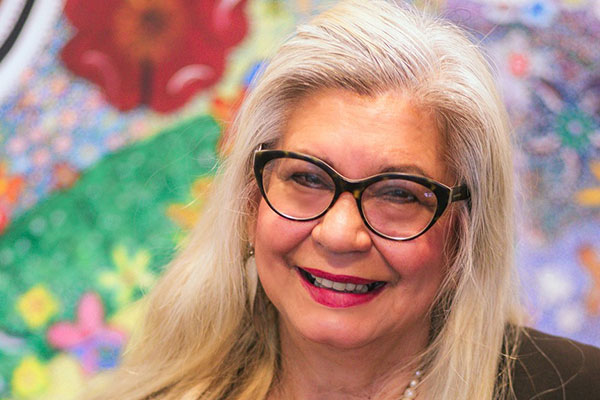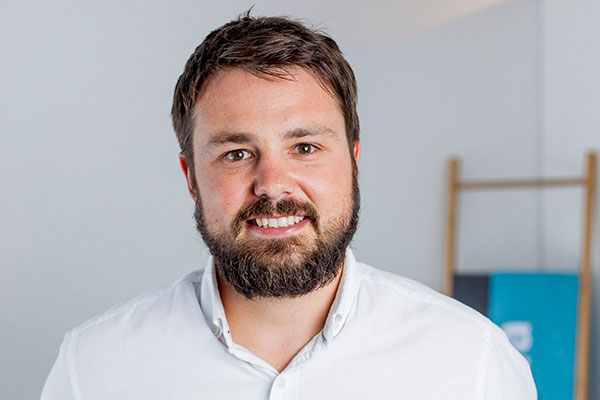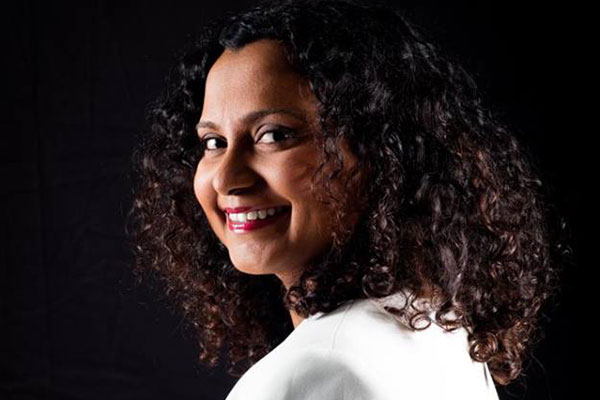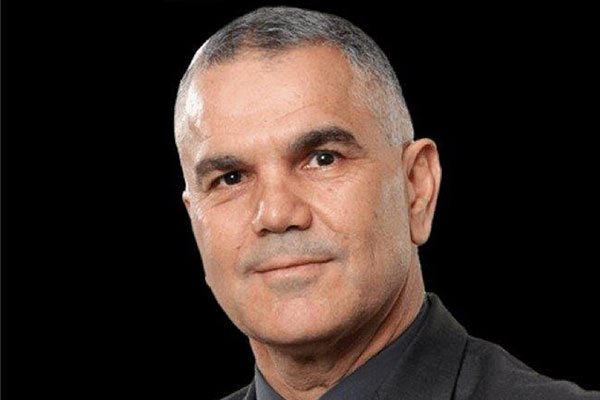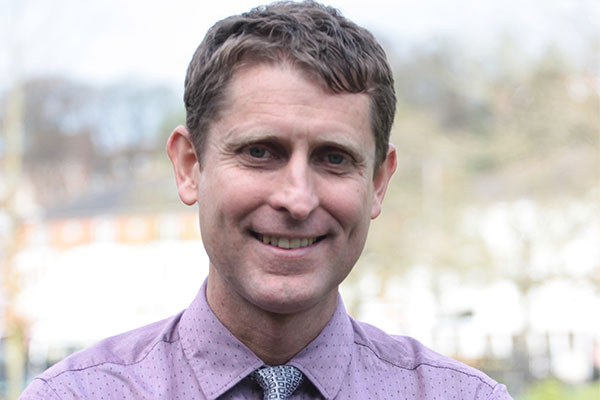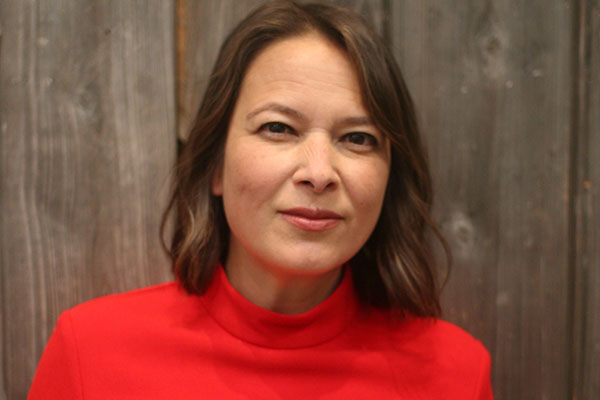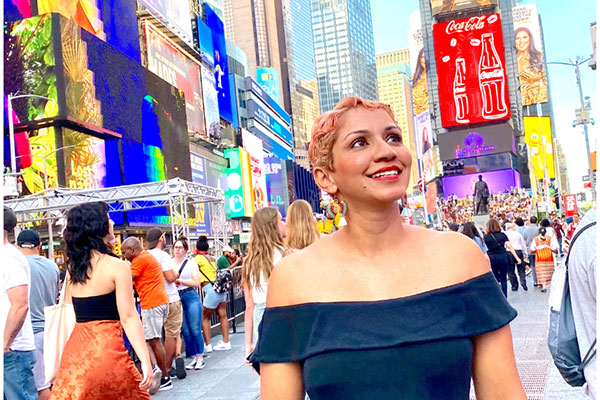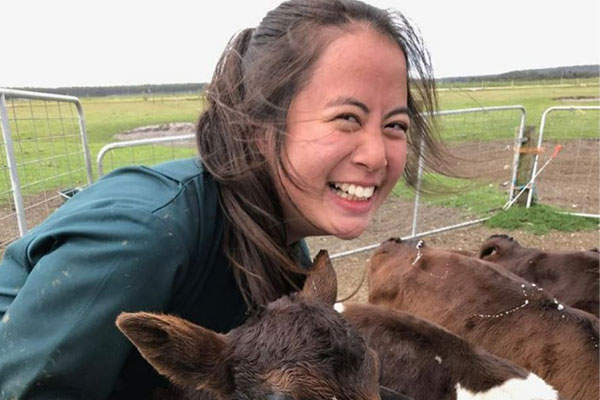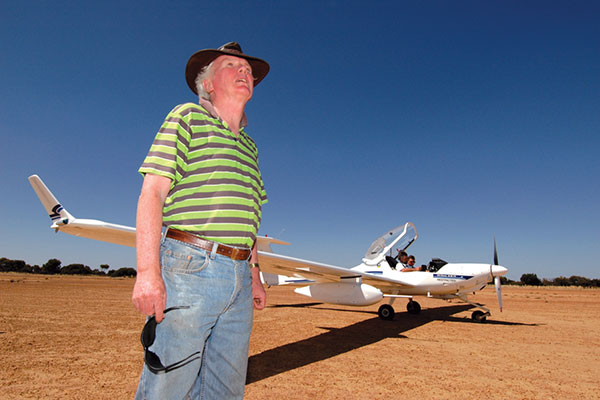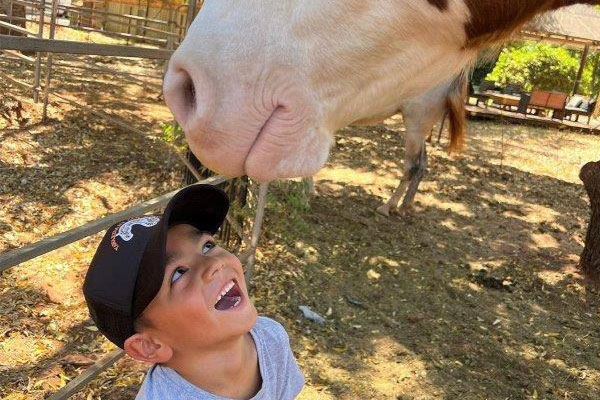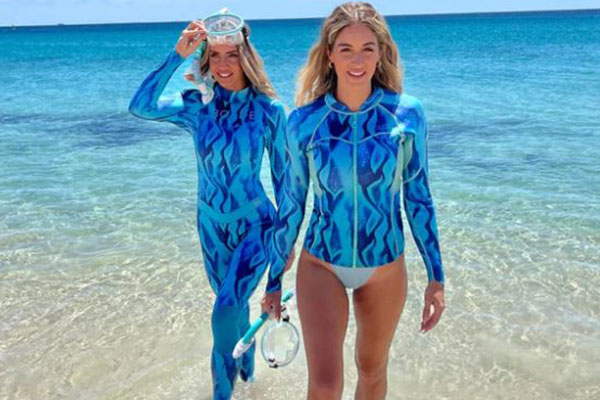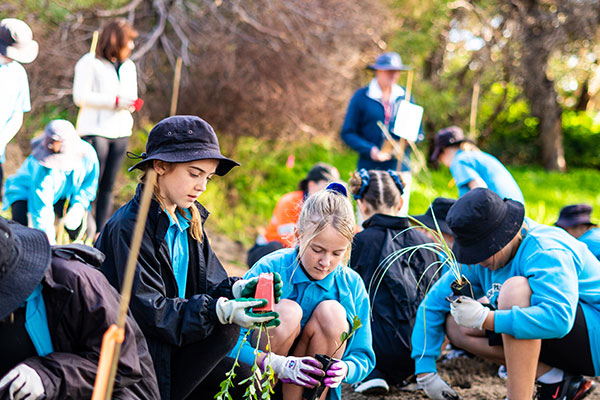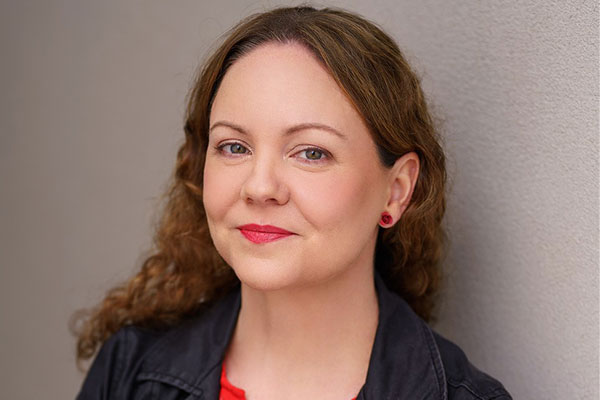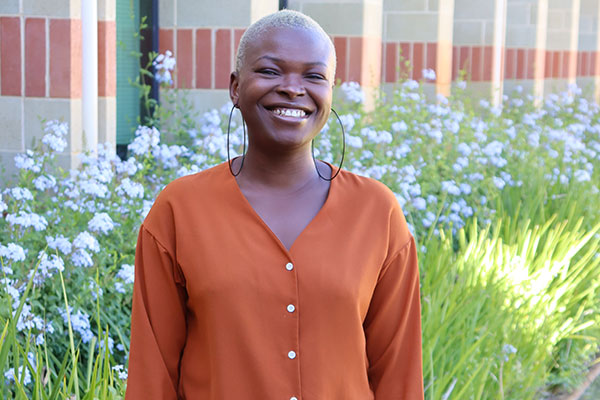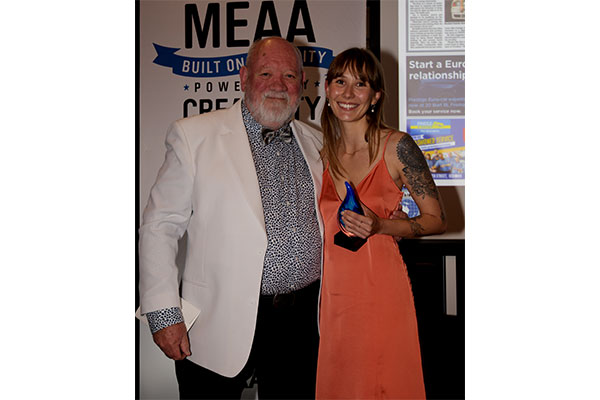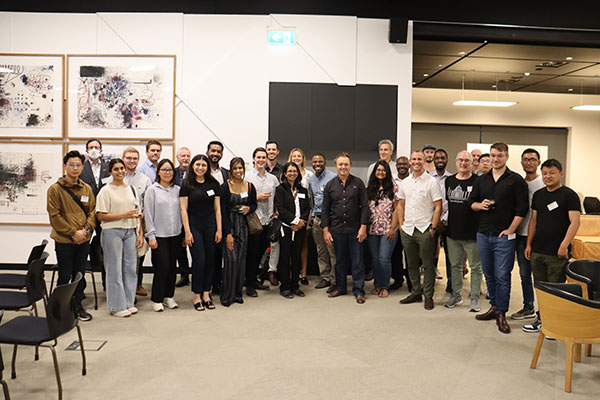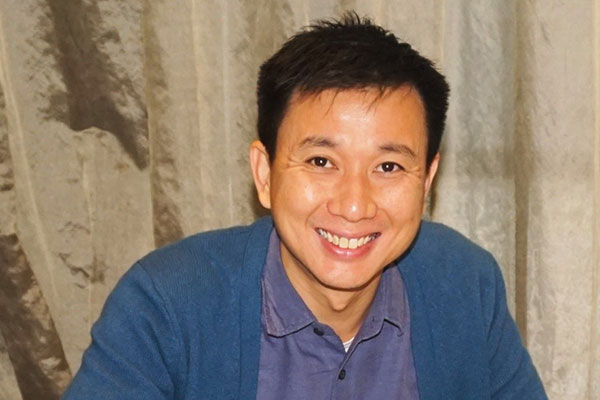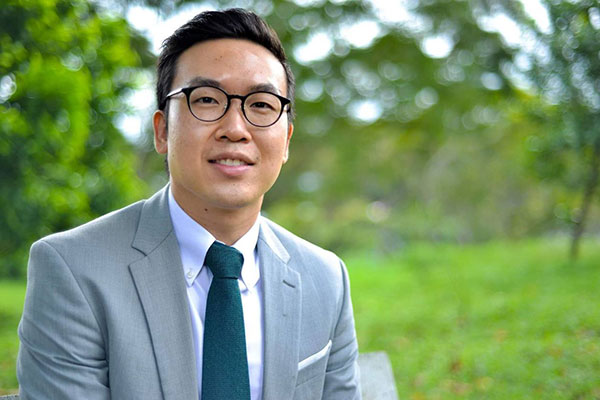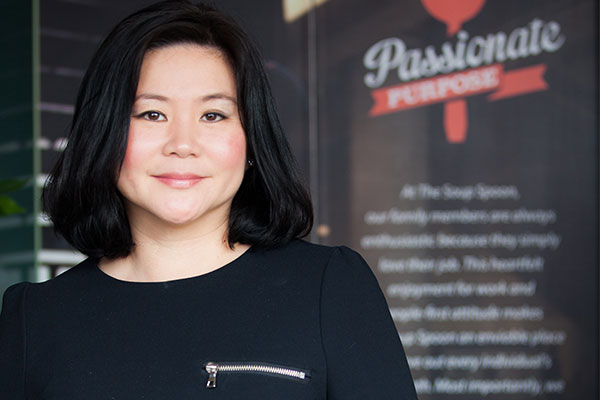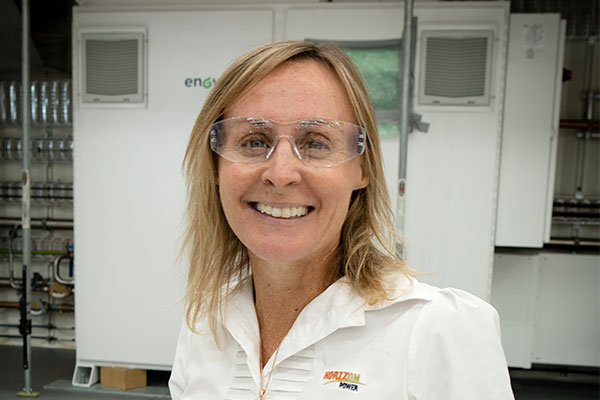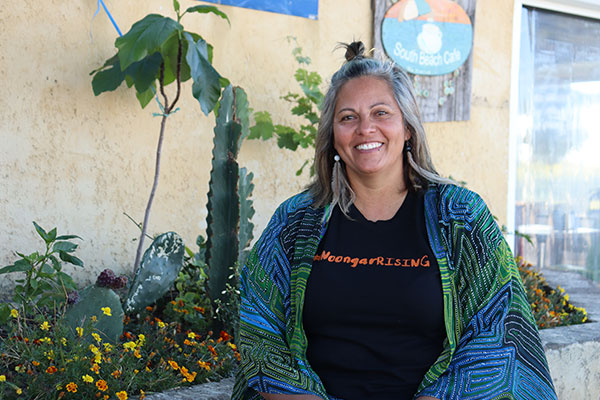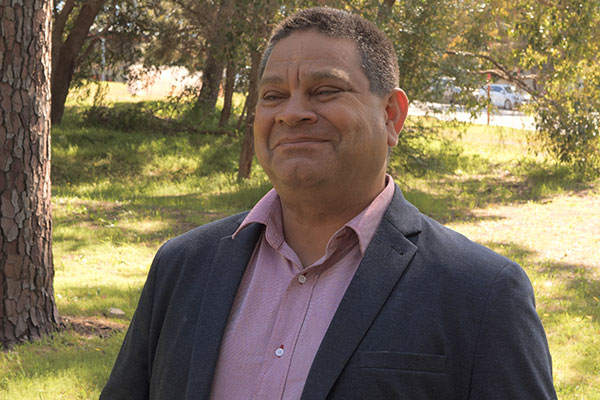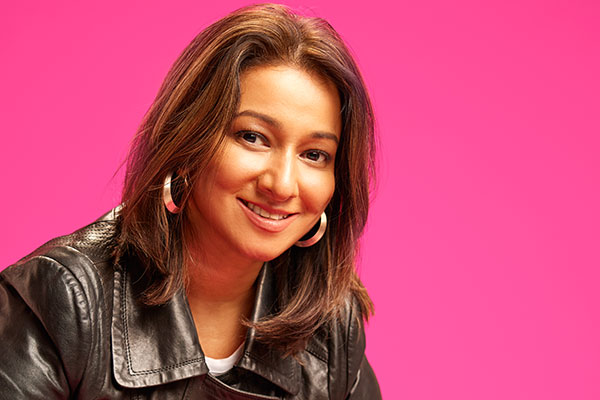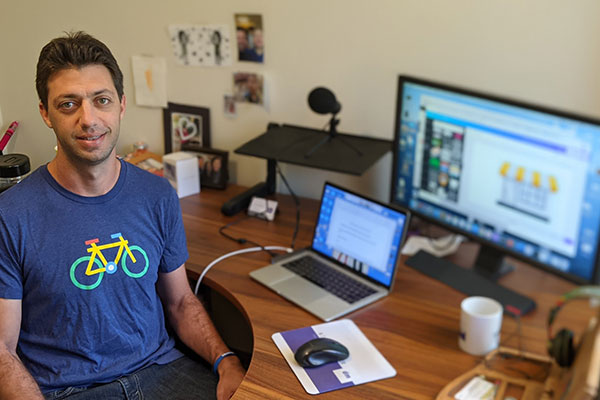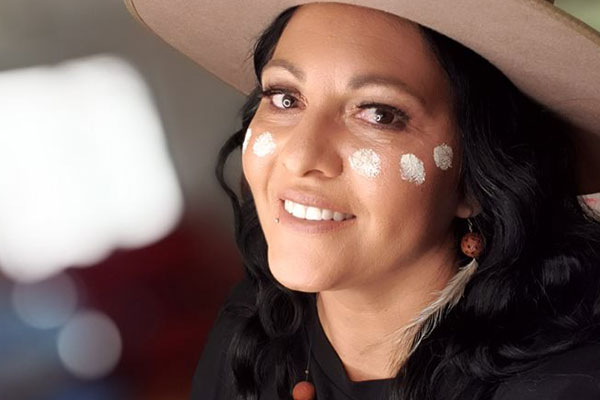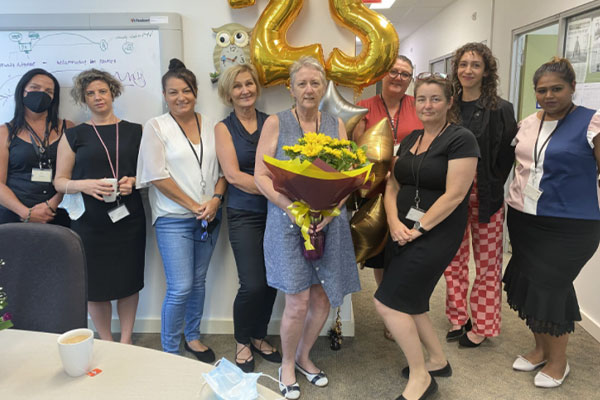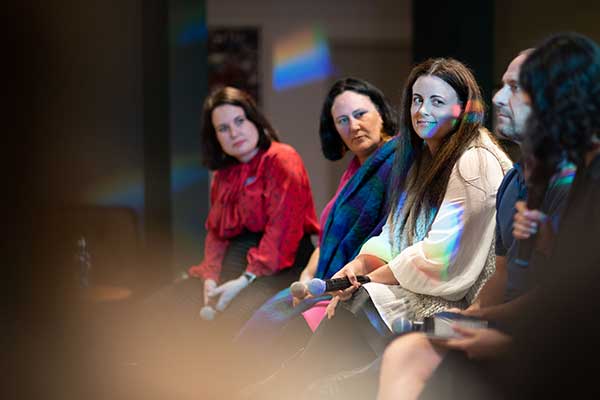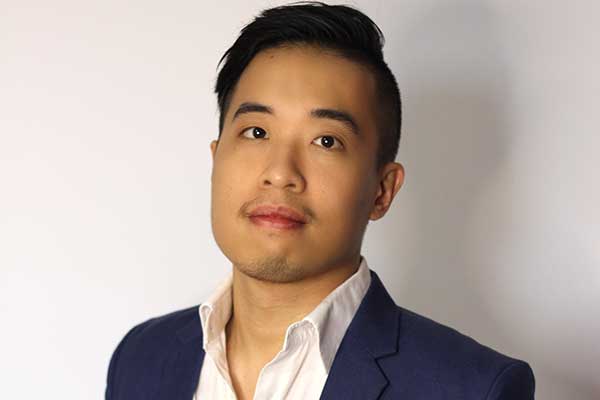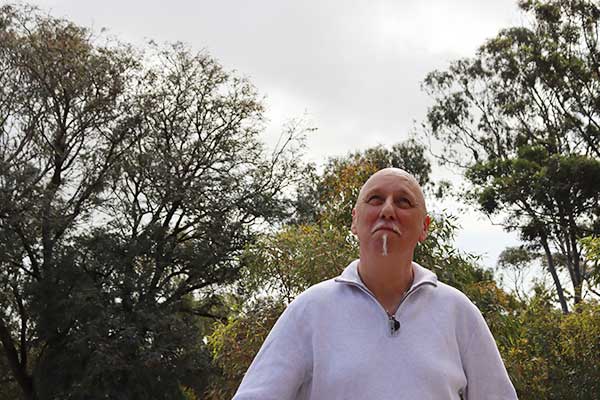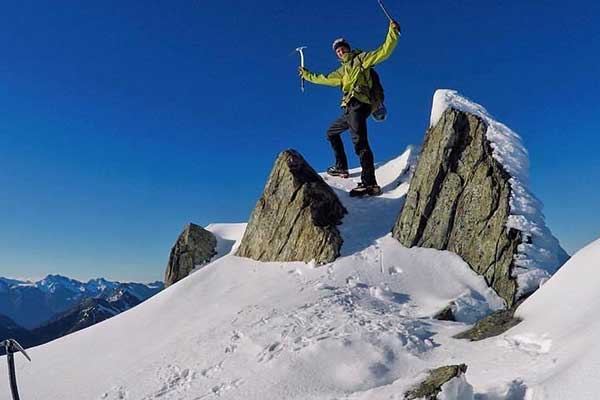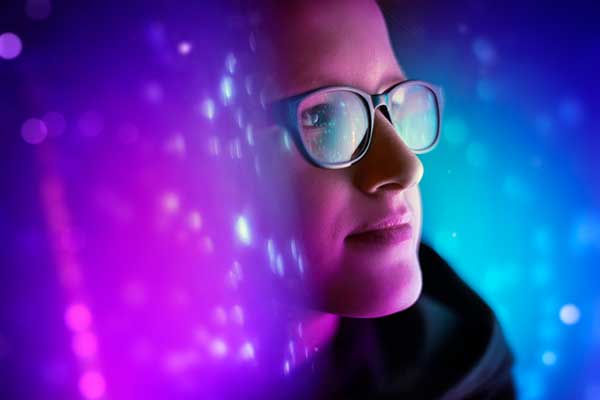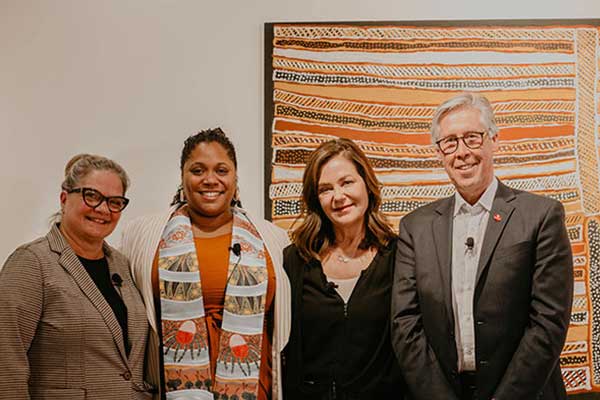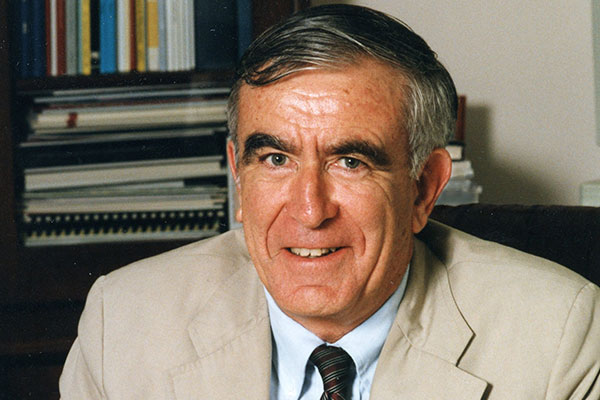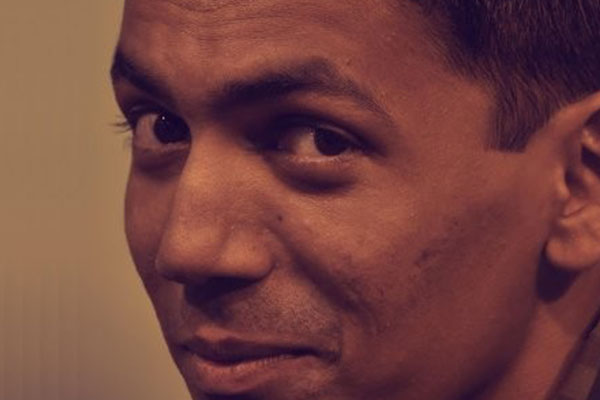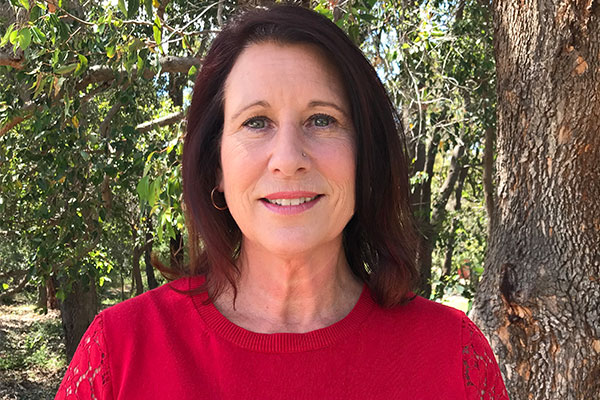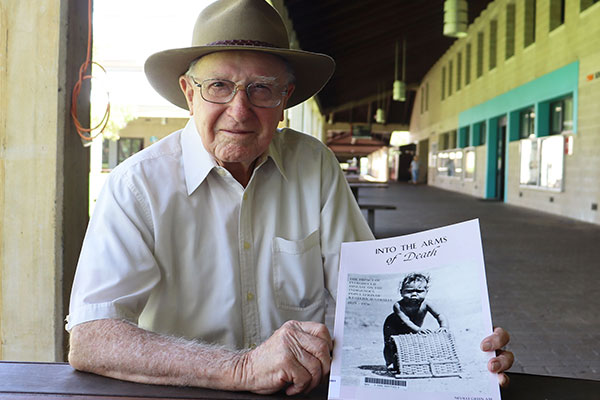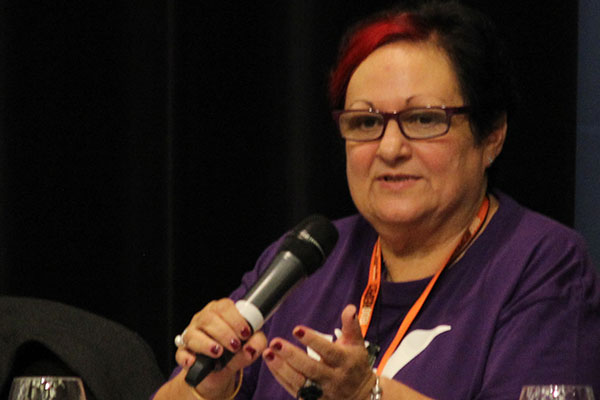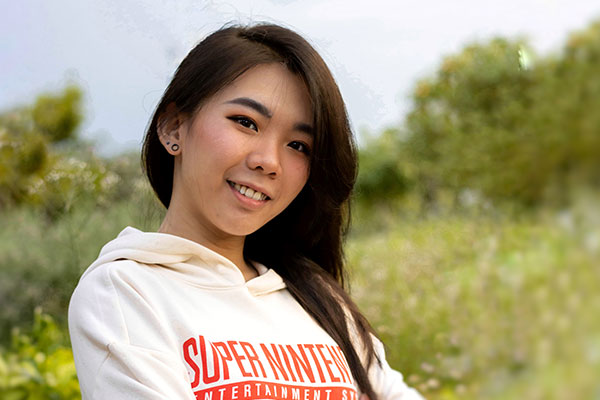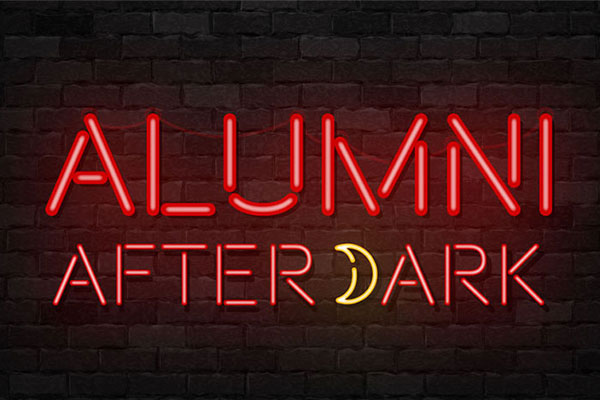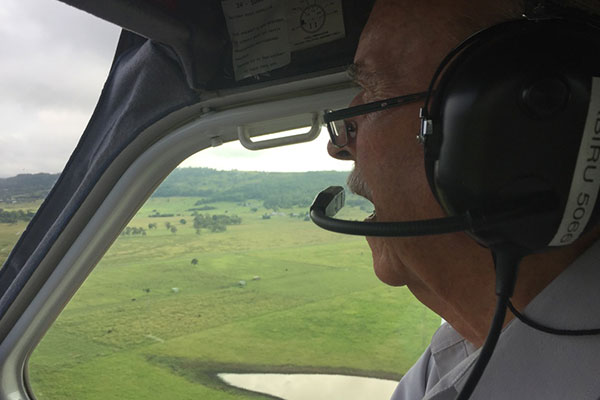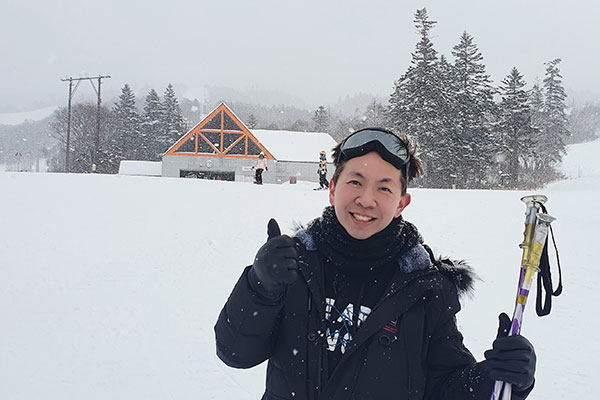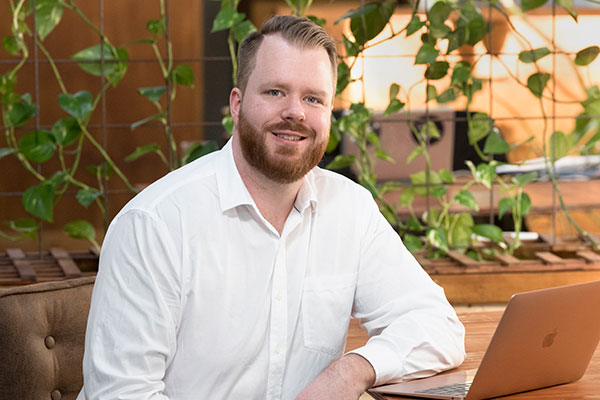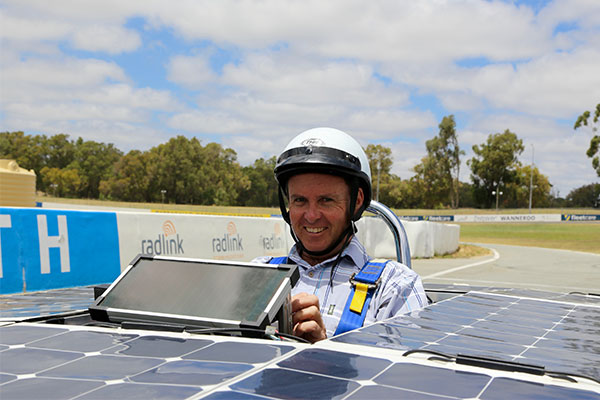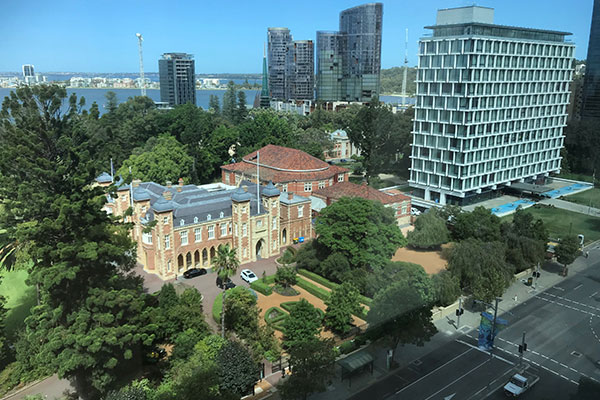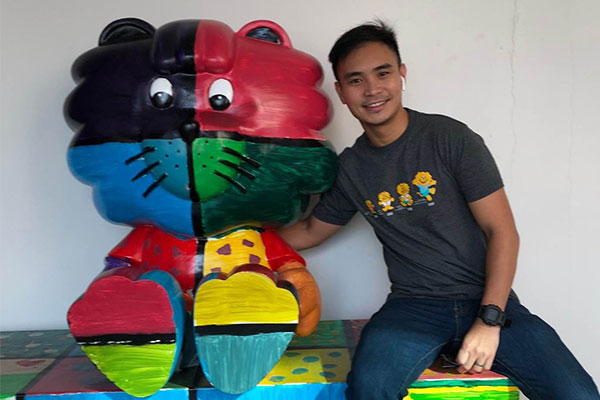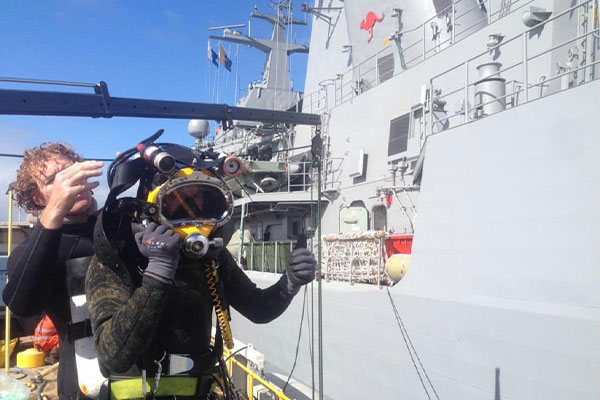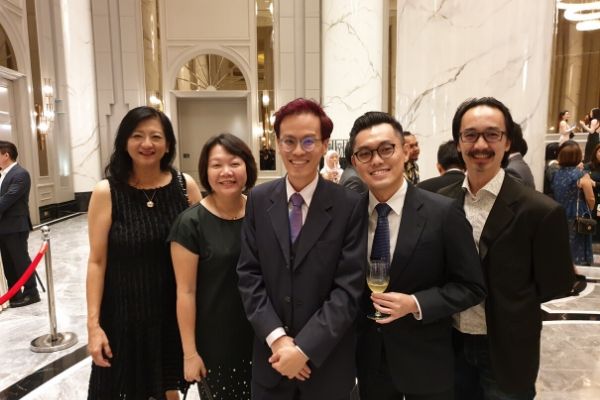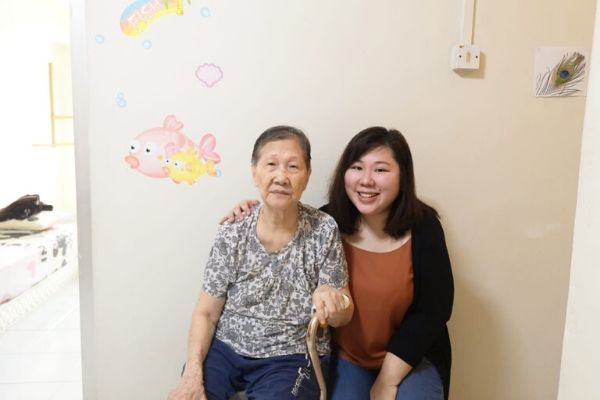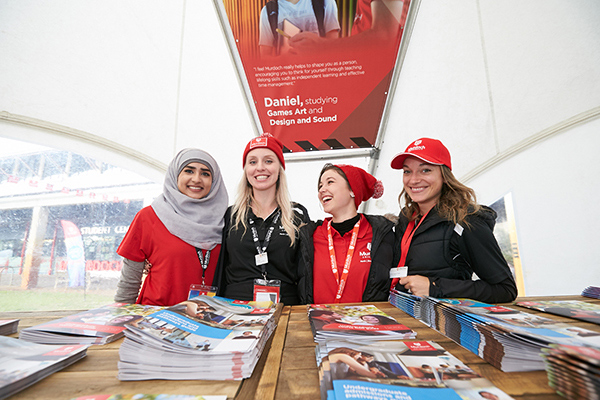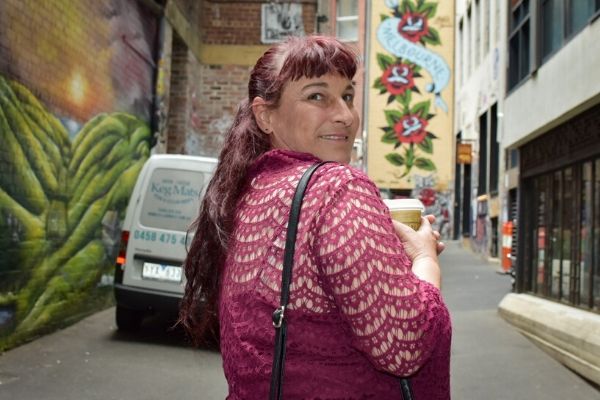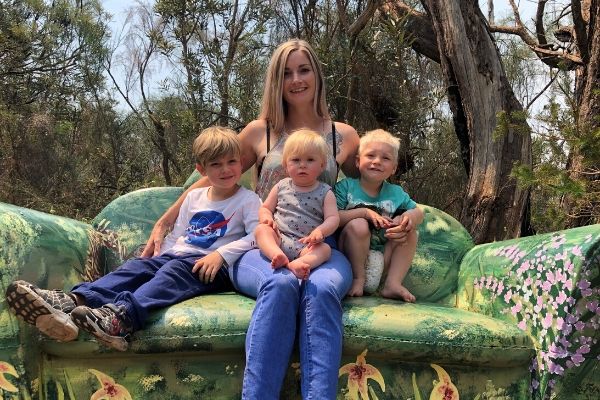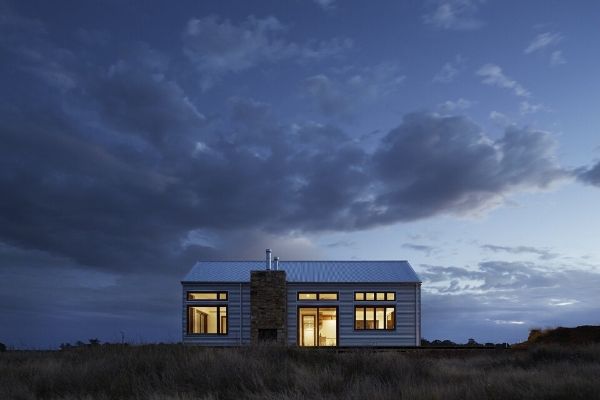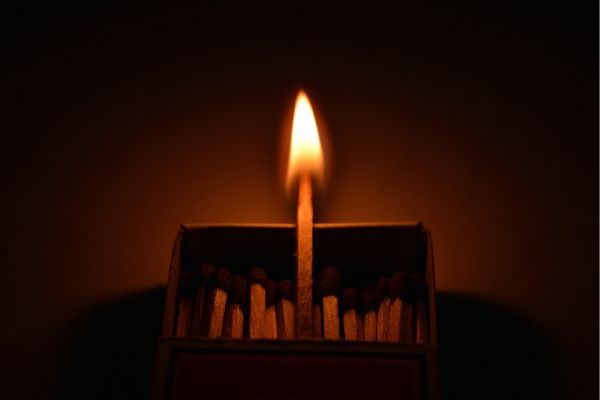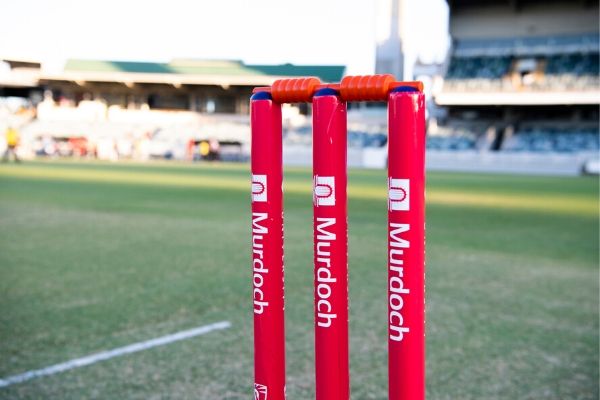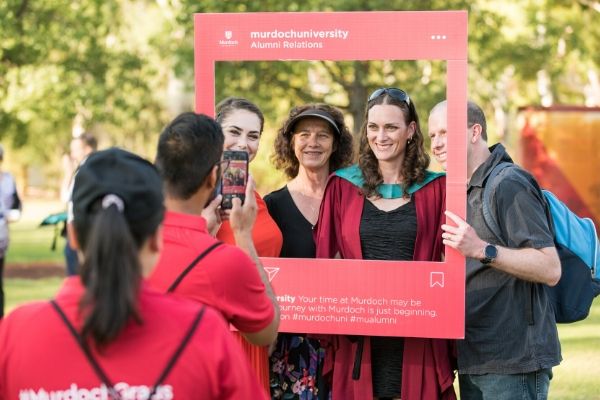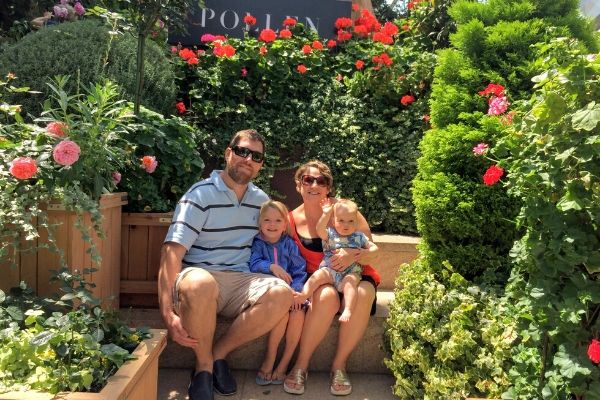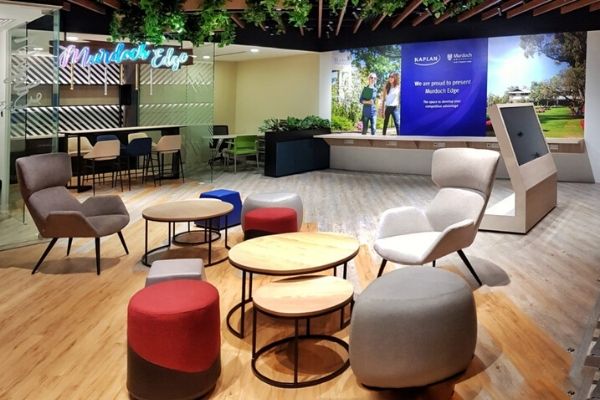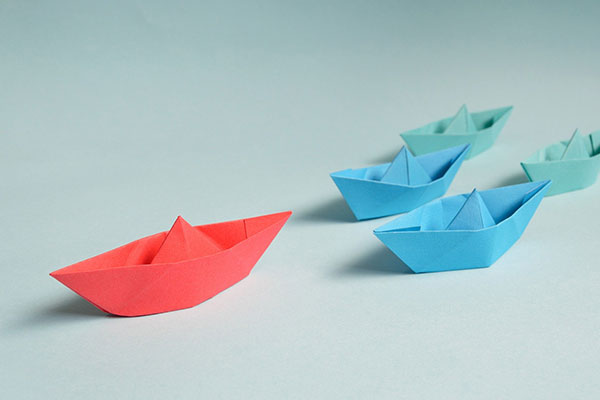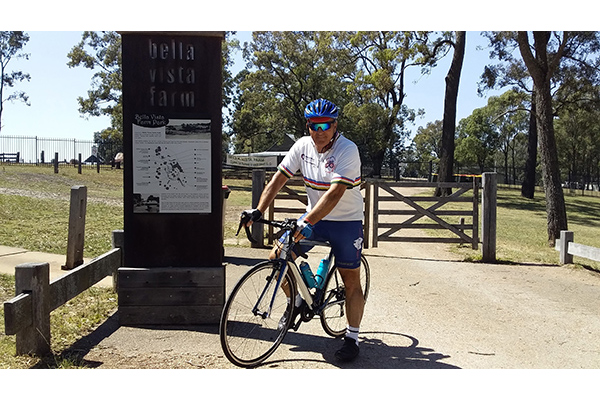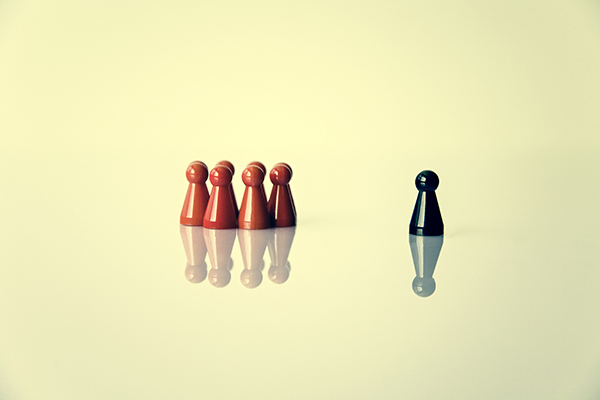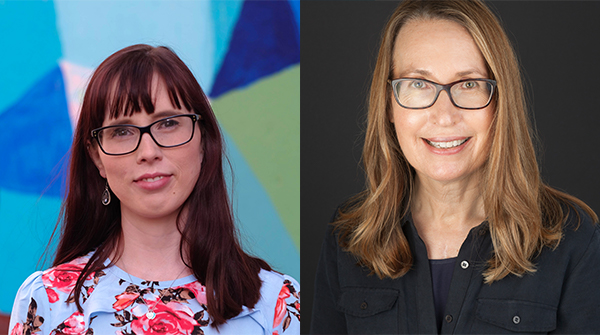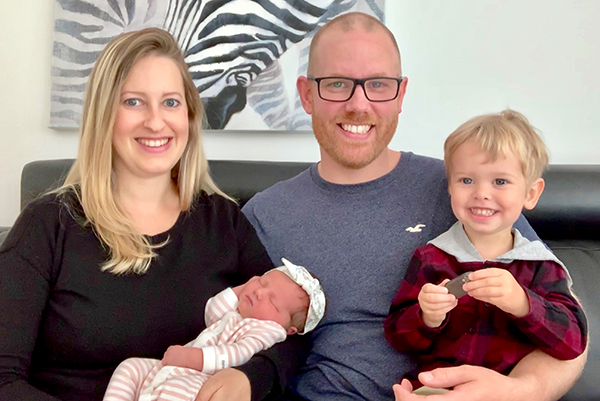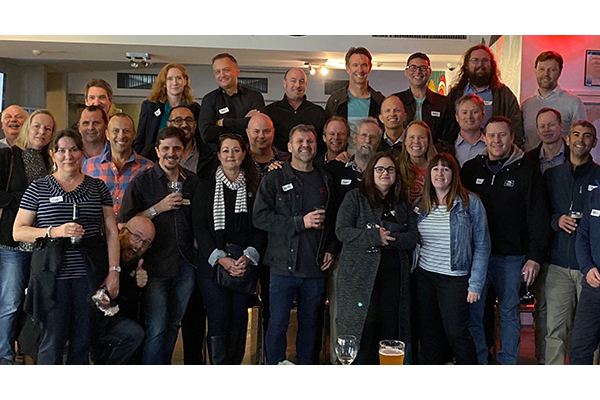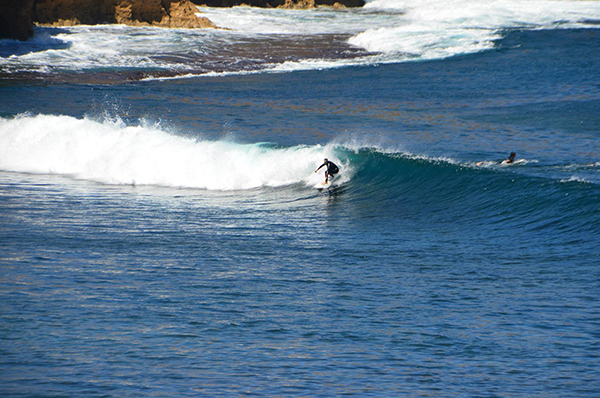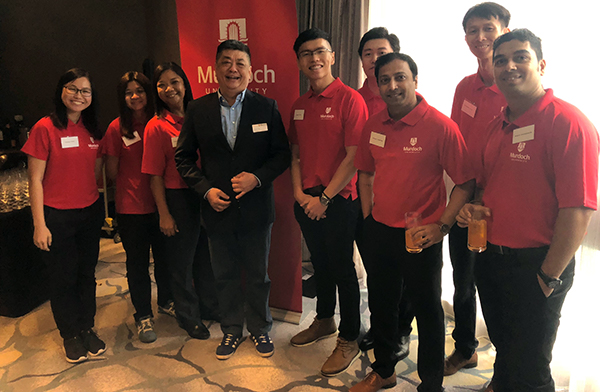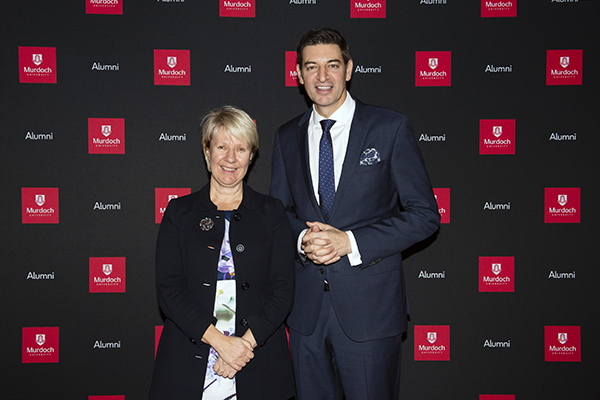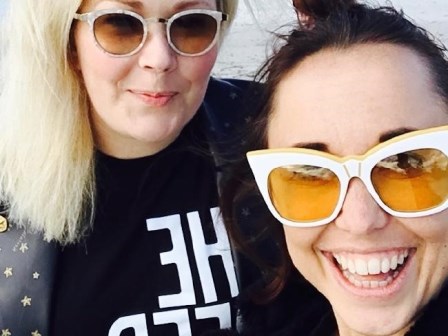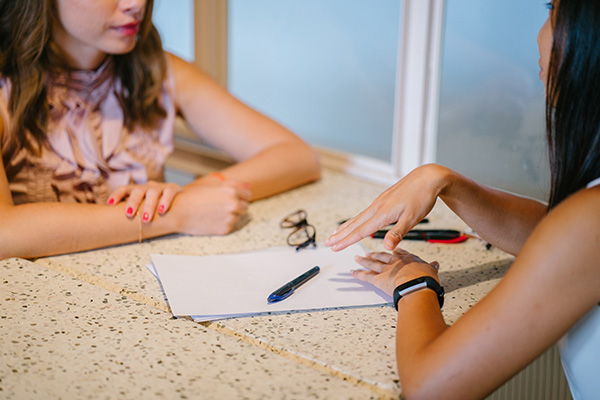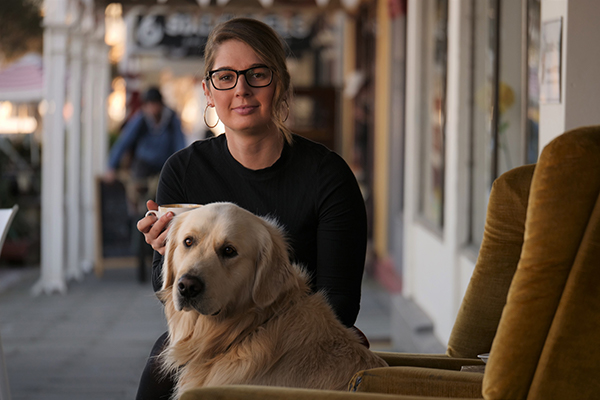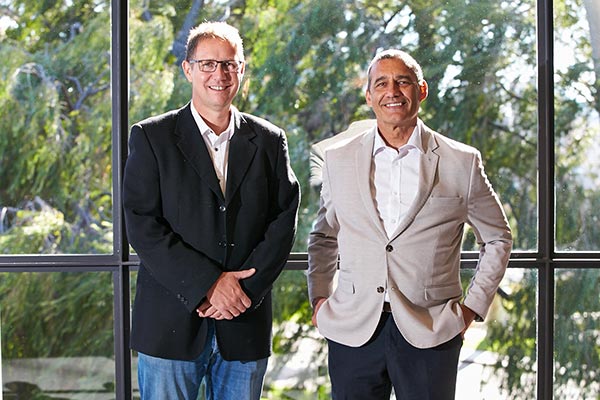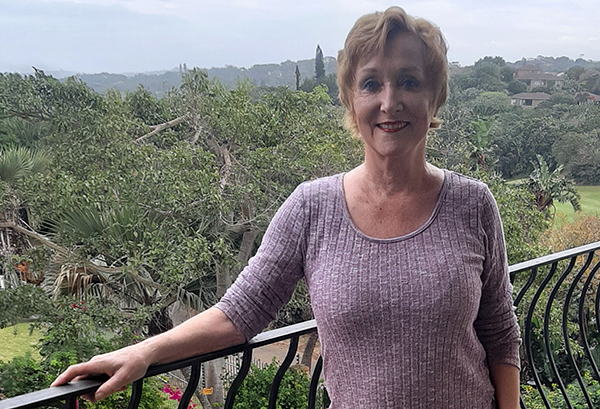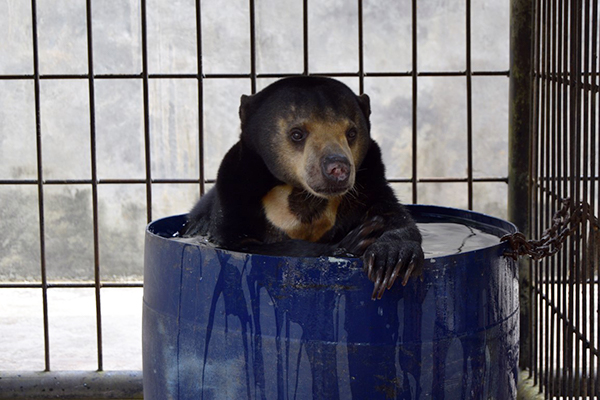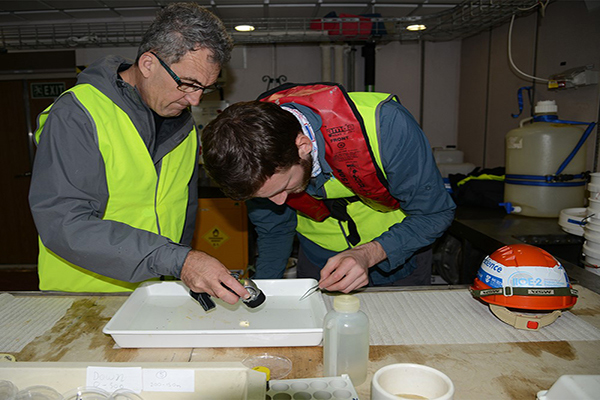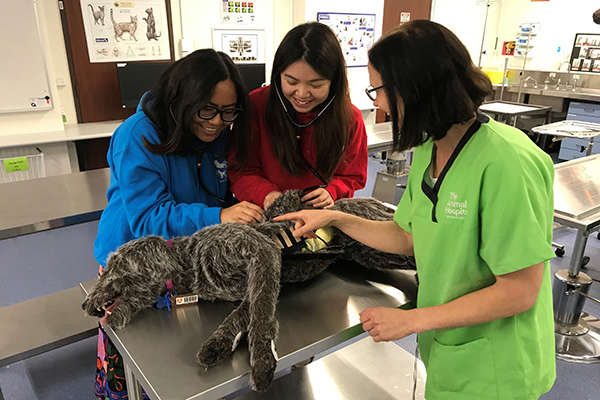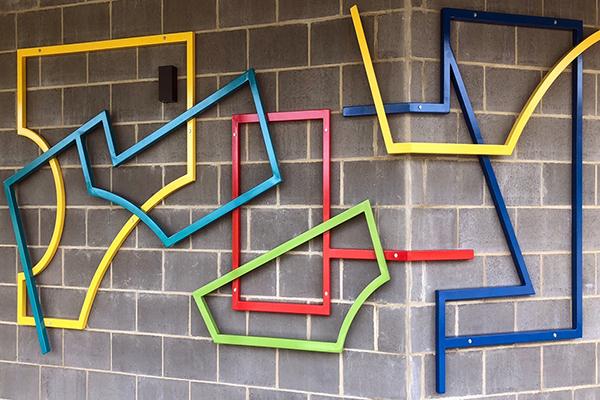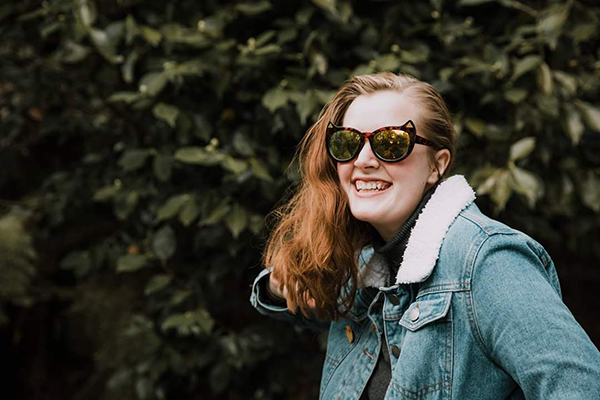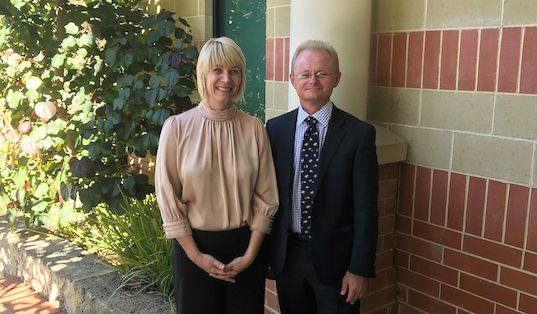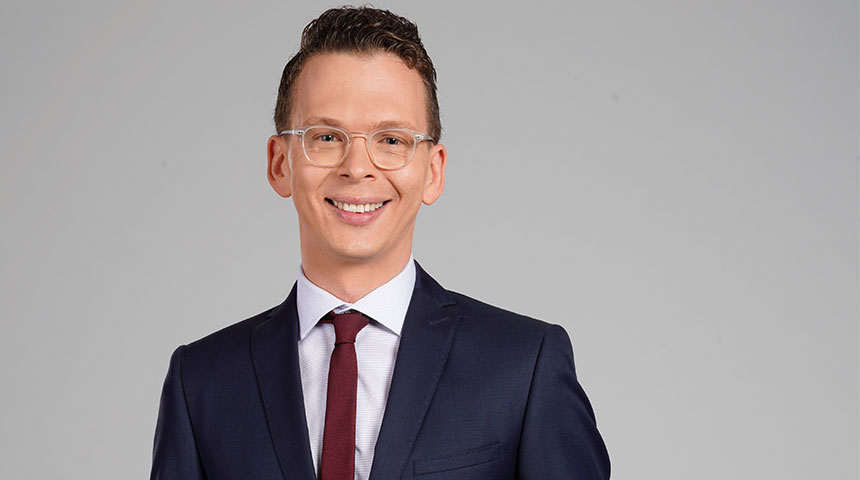
Journalism alumnus Jared Reed branches out from Perth to Sydney to Bonn and Berlin.
You did a BA in Journalism at Murdoch. Do you feel it was a valuable stepping stone into the media industry?
So much has changed since I graduated (2005). There’s been a sad and troublesome decline in print media and newspapers, but that’s given way to digital journalism, social media, podcasts and now we have smartphones as well. I can go out in the field and do live crosses back to the TV studio with just an iPhone and tripod, and tweet while I’m there. We can reach our audiences through short videos or long-form investigative pieces specifically for YouTube and Facebook - and not for traditional linear television. Even though so much is different now in the media, my degree gave me the foundations in journalism and reporting that still help me today. I remember fondly the encouragement from my lecturers and tutors, some of whom I’m still in contact with today. I also made lifelong friends from university too.
How did you make the transition from print journalism into the broadcasting side?
I moved to Sydney and while working in online media I volunteered on the side at a community radio station. I wanted to improve my broadcast voice and style, so I went to a course run by voice coach Shane Fitzgerald, who also trains people at the ABC. There was an industry guest one week, ABC NewsRadio’s then-manager Helen Thomas, who I rang up afterwards and convinced to let me come in for a visit and then give me some shifts. It ended up turning into a wonderful job, working alongside some of the best. Lots of pressure and breaking news, writing bulletins, 4.30am starts, late nights, and then I got to present shows and news bulletins myself.
What were your personal highlights during your time at the ABC?
Getting to help cover major events for listeners - federal leadership turmoil in Canberra, natural disasters like the Christchurch earthquake and Fukushima in Japan, as well as the death of Osama bin Laden, to name a few. It was just so exciting, I loved working there. I think as Australians, we should be incredibly concerned about the reduced programming and services as a result of budget cuts to the ABC. This has led to so much broadcasting and publishing experience having to leave in recent years. With events like the bushfires and COVID-19, the biggest and most challenging health and economic crisis of our lifetime, we need a strong, well-funded public broadcaster more than ever. Young journalists need the experience of senior colleagues to learn from. Plus speaking as someone who now lives overseas, the ABC is my link to home.
Could you speak German before your move to Deutsche Welle?
Thankfully, yes. I did an exchange year here when I was a teenager. I never really had any plans to come back to live, but I went and visited my host family one summer and it got me thinking. I’d got a bit sick of living in Sydney by then and thought I might like to go live and work in Europe. I wasn’t so interested in London though, so I got in touch with DW (Germany’s publicly-funded, international broadcaster) and ended up moving to Bonn in 2012, working in radio and online at their offices there. After two years, I had the opportunity to move to DW TV in Berlin. I must stress though, I work and broadcast in English, not German. One time I was a guest on the DW German news show when Australia voted in favour of same-sex marriage, and I found speaking another language on live TV terrifying. All that grammar went straight out the window! I take my hat off to colleagues who broadcast in multiple languages and make it look easy.
Are there any noticeable cultural differences in news collection and presentation in Germany compared with Australia?
The oldest and most watched daily German news program is called the ‘Tagesschau’ at 8.00pm. The anchor usually always opens with saying ‘Good evening, ladies and gentlemen. I welcome you to the Tagesschau.’ When you translate it directly, it sounds so very formal and I find it quite funny. I can’t ever imagine an Australian host saying that. Most news shows here are a bit more relaxed though.
German media has a similar problem to Australia’s when it comes to a lack of diversity among on-air talent, or people who get invited onto panel shows. There’s been a big conversation around diversity here following the Black Lives Matter movement and global protests. One thing I still find astounding - in Germany, politicians are usually allowed to authorise their own on-the-record quotes before publication, after they’ve given an interview. What?!
Your profile says you currently work as a presenter and reporter, and also produce a current affairs show. Do you enjoy all the ‘hats’ equally?
I really enjoy the variety in my work, it’s rarely boring. Recently I got to cover protests from outside Berlin’s Iranian embassy and then a few days later, reported from outside the hospital treating the poisoned Russian opposition leader Alexei Navalny. In the last year, I’ve also started anchoring DW news programs, which is really interesting and exciting, if a little scary sometimes! One of my favourite jobs is producing The Day - DW’s flagship current affairs program. I come to work usually with a blank rundown staring at me, and eight hours later myself, an assistant, a guest booker and a presenter have somehow produced 26 minutes of live television. One week a month I also work with the team that produces content for the @dwnews social media accounts (please give them a follow!). Of course, there are good days and bad days, like in any job - but I’m grateful for all the opportunities I have been given.
Which people have been a big influence as you built your career and can you share some of the valuable lessons mentors taught you?
Gail Phillips, Mia Lindgren, Chris Smyth and Steve Tanner were some of my favourite lecturers at Murdoch, who had a big influence on me. The person who really changed my life was Helen Thomas from ABC NewsRadio, who I mentioned earlier. I wouldn’t be where I am today without her having taken a chance on me. There are honestly too many people to mention, but DW’s chief news anchor Brent Goff is someone I work with closely who has taught me a lot.
Things I’ve learned: You’re always about one question or 10 seconds away from things going spectacularly wrong on live TV or radio. It’s OK to make mistakes, because you will (just try to not make too many). There is always someone better at your job than you, and that’s good, because you have something to reach for. Learn when to take no for an answer, and when not to. When you’re interviewing someone, give them the courtesy of being prepared. When reporting, always have a plan, but be flexible when things don’t go to plan. Be kind to crews and people behind the scenes, and it helps to give the control room lollies during night shifts.
What advice would you give new alumni who are budding journos?
This is indeed a really tough time. If I have any advice, I’d like to borrow a recent tweet from Radiolab’s @latifnasser: ‘Dream dreams. Email the people you admire. And don't let rejection get to you, because if you love something, you'll put up with initially sucking at it before you get good.’
If I may, I would also recommend applying for DW’s paid 18-month Volontariat (what we call a cadetship in Australia), based in Bonn. It offers young people from all around the world innovative, practical media training and you get a placement at one of DW’s bureaus abroad.
In terms of personal career goals - be open and flexible, so you can take advantage of opportunities when they arise. Be prepared to shake up your life every so often. My own career hasn’t taken a particularly structured path in that I’ve been able to try lots of different things, and I think that has served me well.
Are you a voracious consumer of news yourself and how do you switch off from it all?
I am, and I think you need to be. But it’s really important to switch off and put it all to one side sometimes. I try to do the usual things, to varying degrees of success - exercise, reading, podcasts etc. I’ve learned to really appreciate good weather. Growing up in Perth, I almost took it for granted, until I moved to a place where it’s grey more than half the year! But Berlin is a really fascinating city and there is always lots going on, even during the pandemic. It’s hard to put your phone away, but every so often I turn off my push notifications. And staying connected to family and friends back home, that’s important to me too.
